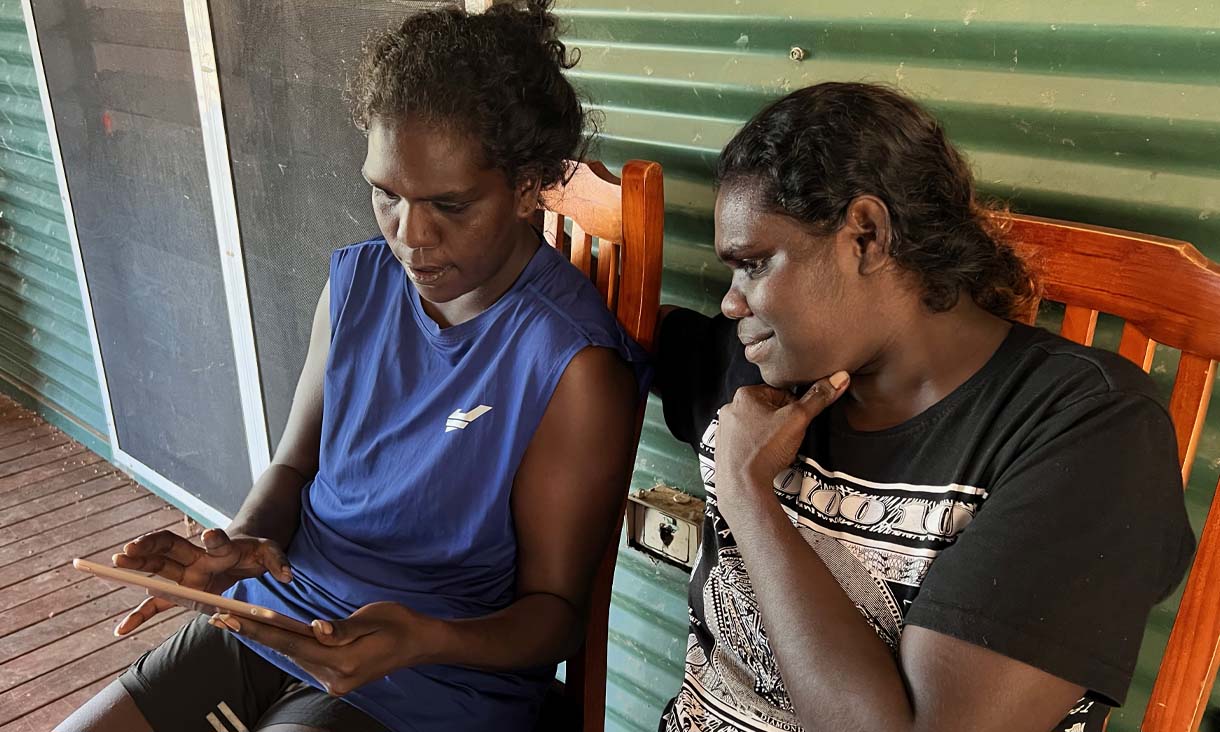Excerpt taken from ‘Women take more antidepressants after divorce than men but that doesn’t mean they’re more depressed’ in The Conversation, written by Dr Raquel Peel.
“Grey divorce (divorce at age 50 and older) is becoming increasingly common in Western countries, particularly among high-income populations.
“Although this data alone suggest women may find it harder to adjust to later-life divorce and break-ups than men, it’s important to note some nuances in the interpretation of this data.
“For instance, data suggesting women experience depression more often than men is generally based on the rate of diagnoses and antidepressant use, which does not account for undiagnosed and unmedicated people.
“Women are generally more likely to access medical services and thus receive treatment. This is also the case in Australia, where in 2020–2022, 21.6% of women saw a health professional for their mental health, compared with only 12.9% of men.
“Nevertheless, relationship dissolution can have a significant impact on people’s mental health. This is particularly the case for women with young children and older women.
“So what factors might explain why women might experience greater difficulties after divorce later in life?
“Research investigating the financial consequences of grey divorce in men and women showed women experienced a 45% decline in their standard of living (measured by an income-to-needs ratio), whereas men’s dropped by just 21%. These declines persisted over time for men, and only reversed for women following re-partnering.
“Another qualitative study investigating the lived experiences of heterosexual couples post-grey divorce identified financial worries as a common theme between female participants.
“Other major complications of later-life divorce are possible issues with inheritance rights and next-of-kin relationships for medical decision-making.
“For some people, divorce or separation can lead to increased happiness and feeling more independent.
“And the mental health impact and emotional distress of a relationship dissolution is something that can be counterattacked with resilience. Resilience to dramatic events built from life experience means older adults often do respond better to emotional distress and might be able to adjust better to divorce than their younger counterparts.”
Dr Raquel Peel is an internationally recognised relationships expert and an award-winning educator and researcher. Her TEDx talk on relationship sabotage was featured as one of the most popular talks in the TED series ‘How to Be a Better Human’ and TEDxShorts.
***
Media enquiries: RMIT Communications, 0439 704 077 or news@rmit.edu.au







